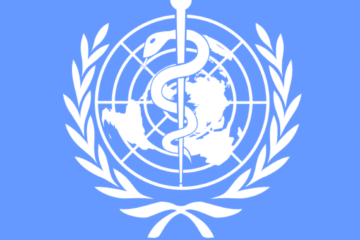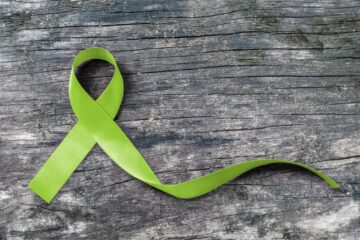By Dr. Claudia Psaila
When asked what she believed was the first sign of civilisation, the anthropologist Margaret Mead explained that it was when an old femur was found on an archaeological site about 15 000 years ago. Why did she choose this example? Evidence suggested that this femur had been fractured yet had healed. This was a sign that the person with the broken leg was not left to their own devices; had they been so, they would not have survived. They would have been attacked or eaten by wild animals. Instead, they were cared for by at least one other person. They were not left behind: the ‘vulnerable’ were cared for and carried, whether literally or metaphorically, by the strong.
These challenging times are shining a spotlight on how we treat one another and most particularly, how we treat persons who are vulnerable. We are living in a time where we all feel under threat because of the COVID-19 pandemic. Our health, financial stability, employment, economy and much of what we have taken for granted and hold dear are suddenly at risk. Such a threat, especially because it is prolonged, unprecedented and shared by so many of us, is creating stress and anxiety in many, including in people who do not normally experience these states. In psychological terms, our response to stress is that of ‘fight or flight’. Stress may elicit feelings such as intense anxiety or aggression that may form the basis of our behavioural reactions. During such times, we also tend to think more negatively such that our perceptions may be influenced by our inherent “negativity bias” which is a sort of built-in internal guard that is always vigilant in case of danger and adversity. We therefore tend to perceive reality through a “threat filter” and view situations as more threatening than they actually are. Furthermore, we may want to try to take control of the situation in an attempt to decrease our stress and gain control over the threatening situation. Consequently, living in this state of hyper-vigilance may mean that we are not necessarily functioning at optimal levels. To function well may therefore require that we intentionally exercise more self-awareness and be more mindful of our automatic thoughts, perceptions, reactions, feelings and behaviours.
When functioning at less than optimal levels, the stress that we experience may also trigger in us an ‘us versus them’ reaction, a self-preservation mechanism which is also linked to who we consider to be ‘worth protecting or saving’. This may be evident in the latest experience of the asylum seekers who were at sea for days. We followed the heart-wrenching stories of women, men and children making the harrowing decision to cross the Mediterranean fleeing torture, famine and war and then being left to drown or pushed back to Libya where it is known that the situation there is unimaginably harsh. One of the reasons for this may be a prioritisation of ‘us’ over ‘them’; as though our lives have more value than theirs.
In these stressful times, we run the risk of functioning from an individualistic position of ‘self-preservation’ — whether that is deciding to break the rule of social distancing or prioritising ventilation for a Maltese person over a migrant. At times, we seem to be driven by the primordial instinct of ‘survival of the fittest’: whether it is my survival or that of my immediate group (family, fellow Maltese etc.) We seem to have forgotten that as part of our human journey, we have developed values that transcend instinct, like compassion, solidarity, social justice, equality and human dignity. Such values should be our guiding principles and are the foundations of our policies, welfare state, structures, laws and institutions. It is during these hard times that we need to keep our sights firmly set on these values and principles. This may pose a significant challenge because focusing on compassion and social justice, for example, may be counter-intuitive during times of personal threat. Doing so takes a conscious effort to keep our values and principles at the forefront of our decisions and actions. These values are like the rays of light shining from a lighthouse that guide us through the storm. Pushing such values aside would devalue us and would erode our human spirit.
What people may have learnt 15,000 years ago when they cared for the person with a broken leg and did not leave them behind is that we are interdependent. In the words of the Dalai Lama, ‘We are all the same as human beings and we experience the same fears, the same hopes, the same uncertainties’. This means that we need to transcend our basic instinct of survival of the fittest at the cost of others. We are rational, emotional, spiritual and mindful beings. We can stop and question our automatic feelings of fear and self-interest and move beyond our selves towards a higher order integration of values, emotions, thoughts and behaviours. I am reminded of the South African concept of ‘Ubuntu’ that is often translated as: ‘I am because we are”. It is this that defines us as a civilised society.
Dr Claudia Psaila is a warranted counselling psychologist and social worker. She is a senior lecturer at the Department of Social Policy and Social Work at the University of Malta.


